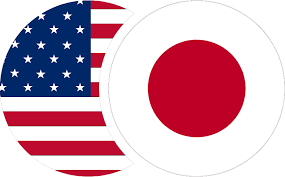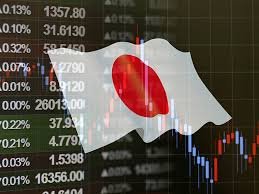Today, the focus is on the final day of the ECB Forum. Market attention is on the panel discussion featuring Bank of Japan Governor Kuroda, Fed Chair Powell, Bank of England Governor Bailey, and ECB President Lagarde, which starts at 10:30 PM Japan time. Prior to that, ECB Vice President De Guindos, BOE Chief Economist Pill, and ECB Chief Economist Lane are scheduled to participate in various discussions.
The difference in monetary policy stances between Japan and the United States and Europe has been driving the yen weaker. Governor Kuroda has indicated a commitment to maintaining a large-scale monetary easing, while central banks in the US, UK, and Europe have shown a continued stance of monetary tightening to control inflation.
However, it is worth noting that the market may react with yen buying depending on the wording used by Governor Kuroda, especially regarding Yield Curve Control (YCC) adjustments. Similarly, the central banks in the US, UK, and Europe may have varying degrees of hawkishness, leading to cautious reactions in their respective currencies.
There is a growing expectation in the market that the Bank of England may raise its policy rate to 6%. However, Governor Bailey has expressed dissatisfaction with market speculation, which could create instability in the pound’s exchange rate depending on the wording used.
Furthermore, along with the correction phase in the stock market, there is a tendency to view continued monetary tightening as cooling the economy. The market will be watching how the market reacts to the expression of keeping interest rates at a long-term level that is restrictive to economic growth, considering both the impact of widening interest rate differentials and the slowing effect on the economy. This is a good opportunity to gauge the market sentiment. It remains important to pay attention to how the yen will respond, whether it will accelerate its depreciation or take a pause, given the significance of this event.
Since there is still no sign of the dollar-yen rally stopping, despite concerns about yen appreciation stemming from verbal intervention, I had anticipated, I am currently not in a position on dollar-yen as my short position has already been stopped out.
With a focus on inflation trends in various countries, it is expected that the Eurozone will continue its proactive rate hikes. Therefore, I have a buying bias on the euro.


